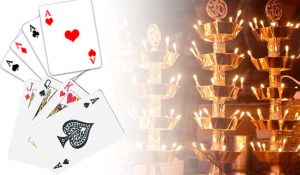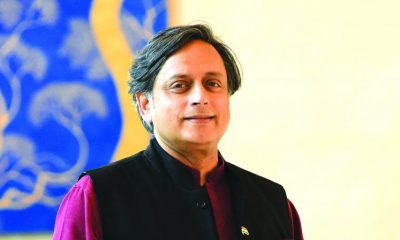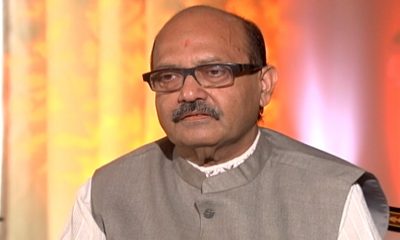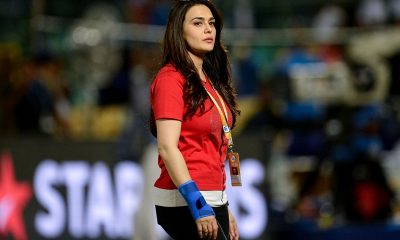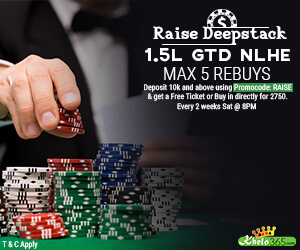Legal & Regulatory
Gamblers on police radar this Diwali, but private gambling not illegal as per numerous Court rulings
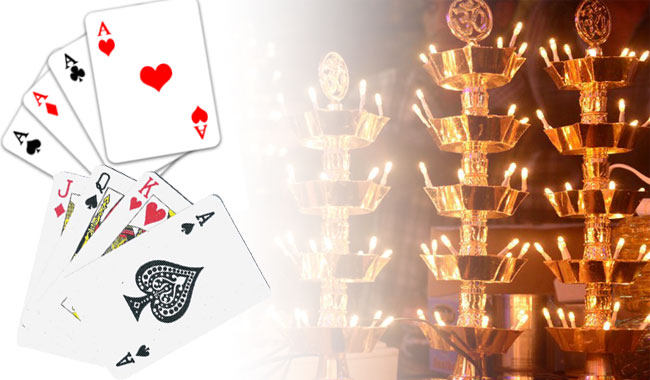
Every Diwali there are numerous news reports of police keeping a strict vigil on gambling activities and raids on gambling activities even in residential apartments. Thus the legitimate question that arises is whether private gambling on festive occasions is illegal under the Public Gambling Act, 1867 and other laws.
The clear answer to this doubt is that gambling in a private enclosure where there is no invitation to members of the public at large and where there is no element of ‘profit or gain’ for the owners, organisers or managers of the premises is not illegal. Gambling is only prohibited in a ‘common gaming house’ or in a public place when there is an element of commercial motive for the organisers.
Various Courts in India have made similar observations legitimising gambling during festivities and accepting this practice ofgaming during auspicious occasions for ‘shagun’ or good fortune. In Mani Ram v. State, AIR 1954 P & H 154, the Punjab & Haryana High Court recognised this in the following terms: “In the present case we find that the occasion was two days before Diwali and it is a matter of common knowledge that in these days Hindus indulge in a great deal of gambling because it is considered auspicious. Again Mani Ram is a Municipal employee and it is not been shown that he has derived any profit or gain from gambling either on this occasion or any other occasion. The presence of a pot containing some money near his knee is scarcely evidence of the fact that he was taking a share of the winnings of the other persons…”
Similarly in In Re: Nimmagadda Raghavalu & Others, AIR 1953 Mad 243, the Madras High Court noted,“Gambling is not an offence and it becomes one only when it takes place in a common gaming house or a public place…The mere fact that occasionally people used to play cards and perhaps for money does not necessarily make it a common gaming house…The presumption of gambling on Diwali is not so strong as the gambling at other times...A person simply allowing the use of his house to gamblers during Diwali festival without any idea of demanding rent, etc., cannot be said to be keeping a common gaming house…Gambling on Diwali day should not be considered to be an offence…”
Again in Subba Rao v. The King, AIR 1951 Pat 405, the Patna High Court observed, “It is only an offence to gamble in a common gaming house…It appears that the accused merely met on the Diwali night for a friendly game of cards in the house of one of them…That does not constitute as an offence under the Gambling Act…”
Thus, only if one is gambling in an establishment where gambling is organised for a commercial motive would the activity be termed as illegal. Again Section 5 of the Public Gambling Act and other similar provisions in state laws requires an authorised police officer to issue a search warrant only if there is a suspicion that a premise is used as a ‘common gaming house’ and these powers have to be used sparingly and only on reasonable grounds.




